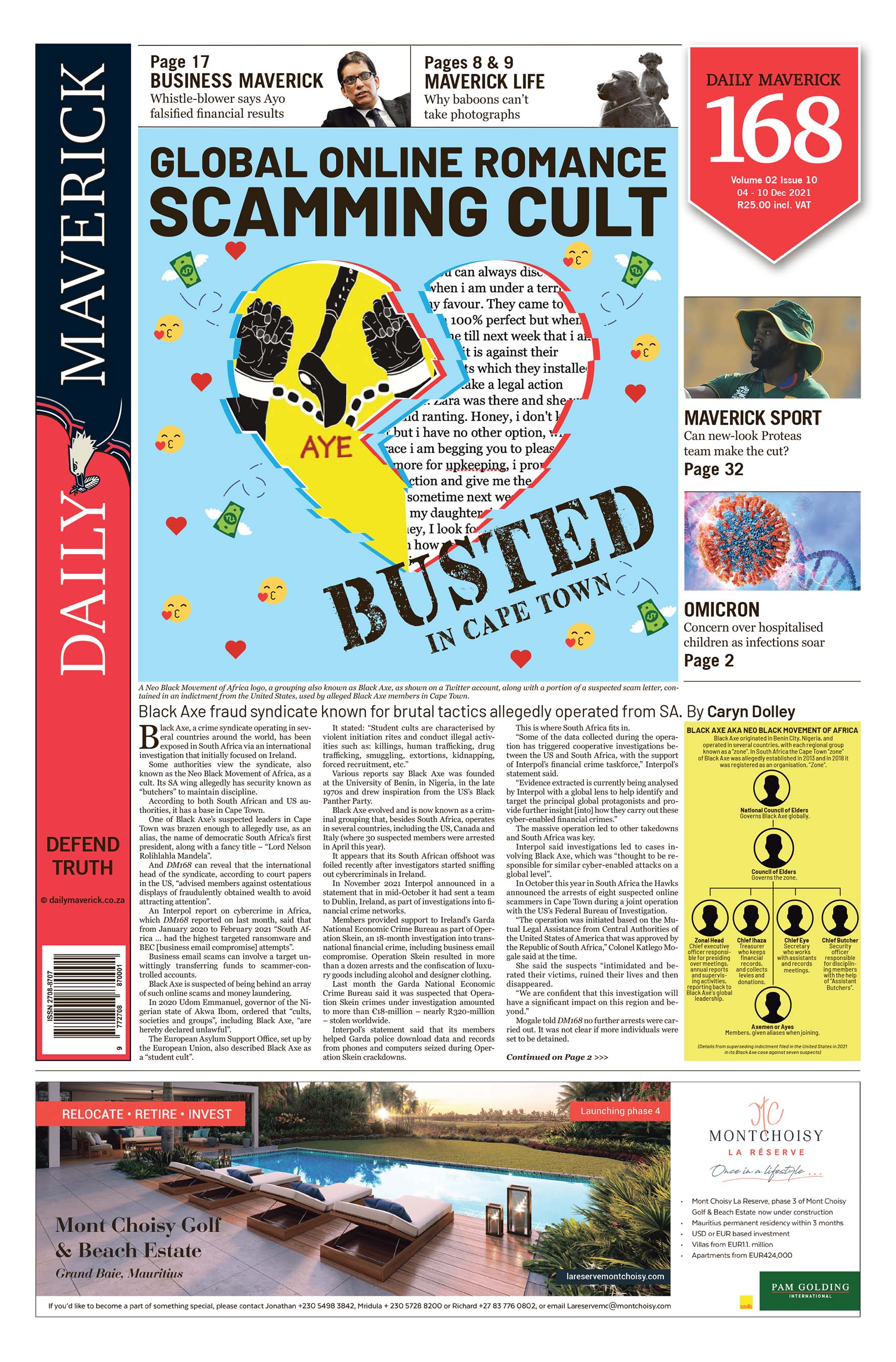UK Prime Minister Boris Johnson raised this in an ill-timed speech to the Confederation of British Industry last week. It is perhaps unnecessary to recount in detail the rambling discourse, which involved telling – at length – a story about a weekend family trip taken by the Johnsons to the theme park Peppa Pig World.
Despite the inappropriate context, his point was a fair one – that the pig, which looks like “a hair drier, or at least maybe a Picasso hair drier”, does indeed account for a £6-billion industry in the UK and has been exported to more than 180 countries.
There is no need to insult the creativity of public servants as “being incapable of coming up with something like Peppa Pig”, as Johnson did, merely to reflect on the undeniable importance of such creative industries. Such exports have indeed underpinned much of the “soft power” and economic heft of the UK in recent times.
The tragic death last week of Virgil Abloh, the chief creative director of Louis Vuitton and the founder of street fashion luxury label Off White, was a heartbreaking reminder of the tremendous impact that individuals can have on the design and creative industries – as well as the substantial effect that they can have on the wider economy.
Born in Chicago of Ghanaian heritage, 41-year-old Abloh reconfigured how many view the world of luxury and fashion. Stating that “everything I do is for my 17-year-old self… I believe that art has a role in inspiring all generations, particularly the young”, he was singularly successful in bringing “youth and a sense of fun” to the erstwhile stuffy and conservative world of French fashion, according to Dana Thomas, the author of Fashionopolis.
The value creation of a group such as LVMH is unarguable when measured in financial and economic terms. By buying brands such as Off White, cultivating creative talents like Abloh and investing in brands to flourish and grow within the group the founder, CEO and chairperson Bernard Arnault has built a luxury behemoth.
With a market capitalisation of around $400-billion, the company is now the most valuable in Europe, making Arnault at various times the wealthiest man in the world, contingent on the varying share prices of Elon Musk’s Tesla holdings and Jeff Bezos’s position in Amazon.
Investors would have done well to take note of the economic impact of nurturing such talents as Abloh. Under the guidance of Arnault, the share price of LVMH has returned 500% in the past five years, or, on average, 31% a year. Fashion hubs such as Paris and Milan have benefited substantially from investment and job creation as a result of this stellar growth.
Sadly, despite an abundance of talent, South Africa’s creative industries have not received the support they need or indeed deserve. As Sasha Planting reported for DM168, the bungling of the Department of Trade, Industry and Competition’s film rebate schemes threatens to stifle the one creative industry in South Africa that has thrived – the film industry. Not only does this industry attract foreign investment and support, it’s essential to job creation in the Western Cape and around the country. Now, though, it faces an uncertain future.
In the world of South African fashion, a notable bright spot is Kimberley-born designer Thebe Magugu, who was awarded the LVMH Young Designer Award in 2019. This is one of fashion’s most prestigious prizes, with previous winners including Abloh himself. One can only hope that Magugu goes on to emulate the previous Chicago-born recipient and that he has a similar impact on the South African creative industry, perhaps with investment and guidance from an entity such as LVMH.
Although there is no denying the considerable effects that creativity can have on economies in terms of job creation and growth, it also serves a far more critical role.
In these gloomy times for the global economy and, more specifically, South Africa, with so many facing uncertain futures, Abloh proved that beauty and creativity do not only provide a potential career but also hope, identity and a sense of belonging. This is particularly important for the youth, who are most affected by the maelstrom currently besetting all societies.
“The clothes are clothes. It’s utilitarian. It’s more about kids being a part of a team. The brand is whatever. Fashion? The team is youth,” wrote Abloh.
Policymakers, particularly in emerging and youthful countries such as South Africa, should ensure that young creators are afforded the support they need to learn, develop and thrive for the benefit of all society. They are needed more now at this difficult moment than ever. DM168
This story first appeared in our weekly Daily Maverick 168 newspaper which is available for R25 at Pick n Pay, Exclusive Books and airport bookstores. For your nearest stockist, please click here.

















 Become an Insider
Become an Insider
Comments - Please login in order to comment.